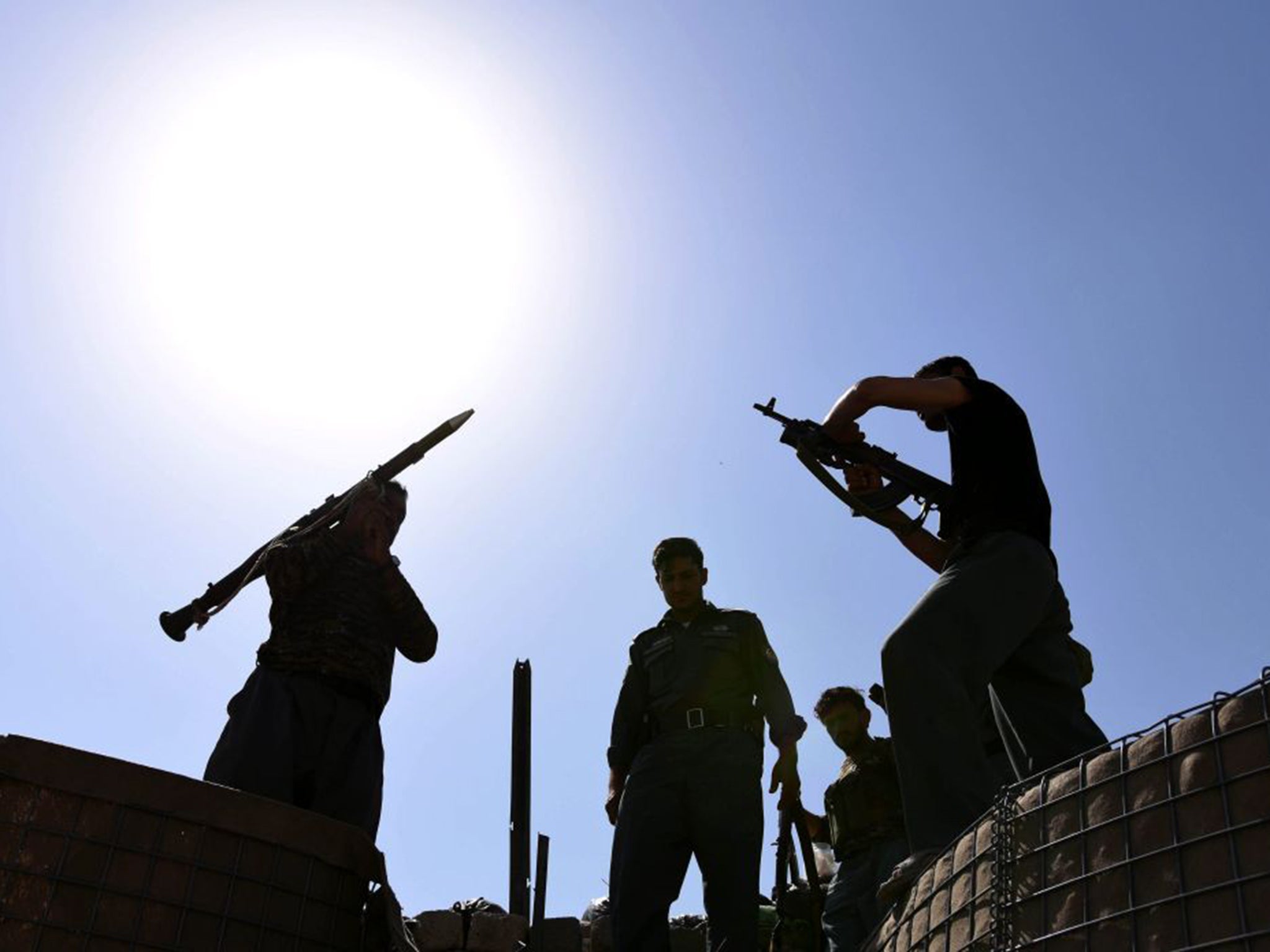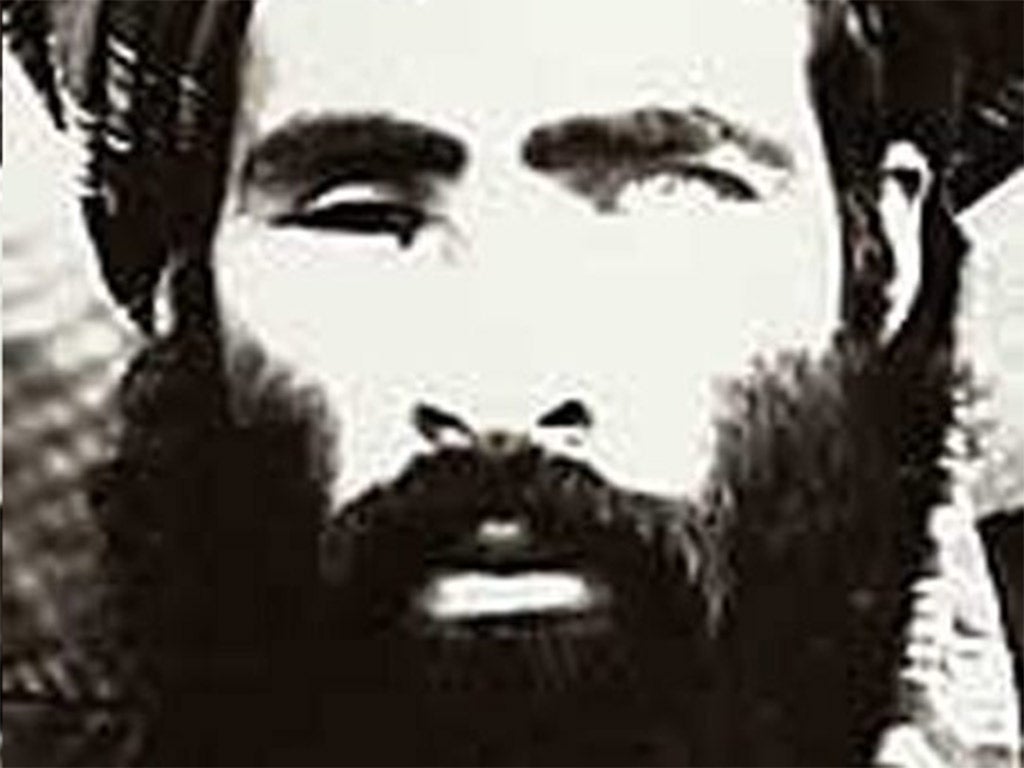Taliban take Kunduz: Insurgents free hundreds of militants as key Afghan city is overrun

Your support helps us to tell the story
From reproductive rights to climate change to Big Tech, The Independent is on the ground when the story is developing. Whether it's investigating the financials of Elon Musk's pro-Trump PAC or producing our latest documentary, 'The A Word', which shines a light on the American women fighting for reproductive rights, we know how important it is to parse out the facts from the messaging.
At such a critical moment in US history, we need reporters on the ground. Your donation allows us to keep sending journalists to speak to both sides of the story.
The Independent is trusted by Americans across the entire political spectrum. And unlike many other quality news outlets, we choose not to lock Americans out of our reporting and analysis with paywalls. We believe quality journalism should be available to everyone, paid for by those who can afford it.
Your support makes all the difference.The Taliban have captured the northern Afghan city of Kunduz in a massive assault involving hundreds of fighters.
It is the first time since the 2001 US-led invasion that the Taliban has controlled a major urban area. “Kunduz city has collapsed into the hands of the Taliban,” Interior Ministry spokesman Sediq Sediqqi said. The fall of Kunduz marks a major setback for government forces, who have struggled to combat the Taliban since the US and NATO shifted to a supporting role at the end of last year.
Military reinforcements have been sent to Kunduz, where government forces managed to fend off a major Taliban assault earlier this year. “We are trying our best to clear the city as soon as possible,” Mr Sediqqi said.
In a multi-pronged assault, which took military and intelligence agencies by surprise, the insurgents sent hundreds of fighters into Kunduz, a once wealthy city at a key Central Asian crossroads, where they seized government buildings and freed the prisoners.
Residents said the militants reached the main square 12 hours after launching their attack. They said photographs of President Ashraf Ghani and other leaders were torn down and the white flag of the Taliban was raised. They said residents were streaming to the airport in an effort to flee.
A spokesman for President Ghani had earlier described the situation in Kunduz as “fluid”. Zafar Hashemi said the president was “in constant contact with the security and defence leadership to provide them with guidance”. He said: “Our first priority is the safety and security of residents.”
The medical charity Doctors Without Borders said it had treated more than 100 wounded people in Kunduz since the assault began, including 36 who were “in critical condition, with severe abdominal and head injuries”.
The Taliban used social media to claim the “conquest” of Kunduz and reassure residents that the jobs of teachers, doctors and other civil employees, and their personal property, were safe. The Taliban has a history of brutality, and are known to ban women’s education as well as music, movies and other trappings of modern life in areas they control.
General Murad Ali Murad, the Deputy Chief of Army Staff, said the attack involved a large number of Taliban drawn from across the north of the country and included foreign fighters. “Strategic areas, including the airport, are controlled by Afghan security forces,” he said.
“Reinforcements have already arrived and attacks on the insurgent positions will be launched soon,” he said without elaborating.
Mr Sediqqi said the target of the Taliban assault was the city’s main prison and police headquarters.
“Security forces in Kunduz were prepared for an attack, but not one of this size, and not one that was coordinated in 10 different locations at the same time,” he said.

The Taliban launched their spring offensive earlier this year with a major assault on Kunduz that also took government forces unawares and was repelled with the aid of reinforcements after days of heavy fighting.
Since then the Taliban are believed to have regrouped and allied with other insurgents. The Kunduz assault highlighted the resilience of the Taliban following the revelation earlier this year that their reclusive longtime leader Mullah Mohammad Omar died two years ago.
AP
Join our commenting forum
Join thought-provoking conversations, follow other Independent readers and see their replies
Comments